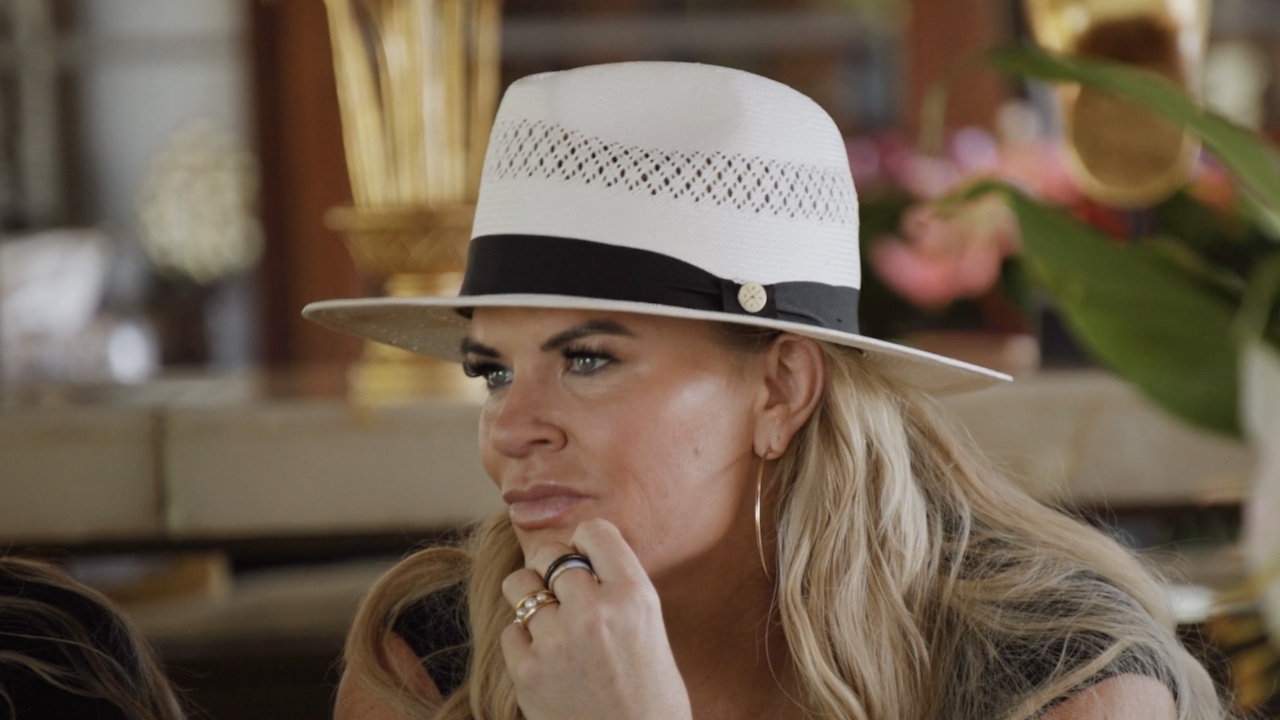I Know This Isn't Really Brought Up Often About The Karate Kid Movies, But I Love The Diversity In Them
Because Miyagi-Do Karate is for everyone.
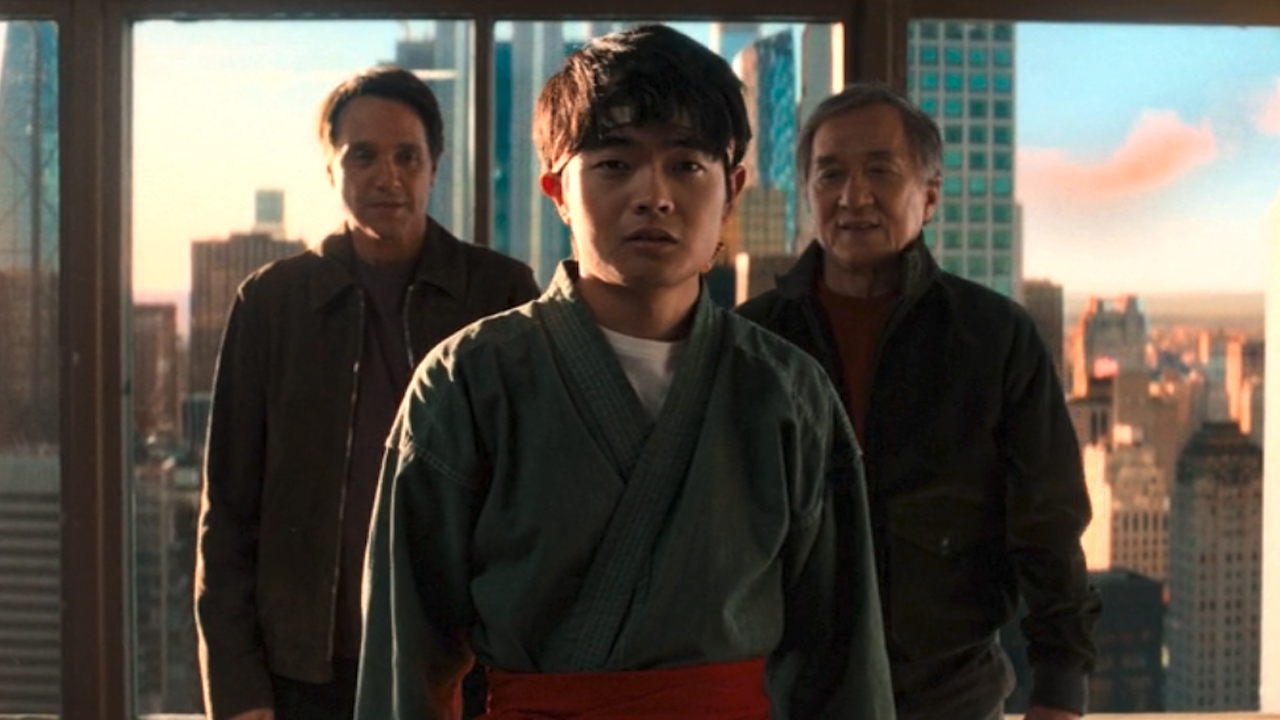
I love all of the Karate Kid movies (And might even love the recent one the most), as I feel like they represent my childhood. I grew up watching Daniel-san train with Mr. Miyagi, and it always takes me back to that special time in my life when I thought that anybody could learn karate if they just had the right teacher.
Well, as an adult, I’ve rewatched all of them and reassessed them (the 2010 one, by the way, is much better than people give it credit for), and I still love them. However, as somebody with mixed children who is always looking for stories with diversity, I noticed that the Karate Kid franchise is actually super diverse.
And, effortlessly so. This is a series that has featured diversity from the very start and has only gotten more diverse throughout its history. Here’s what I mean.
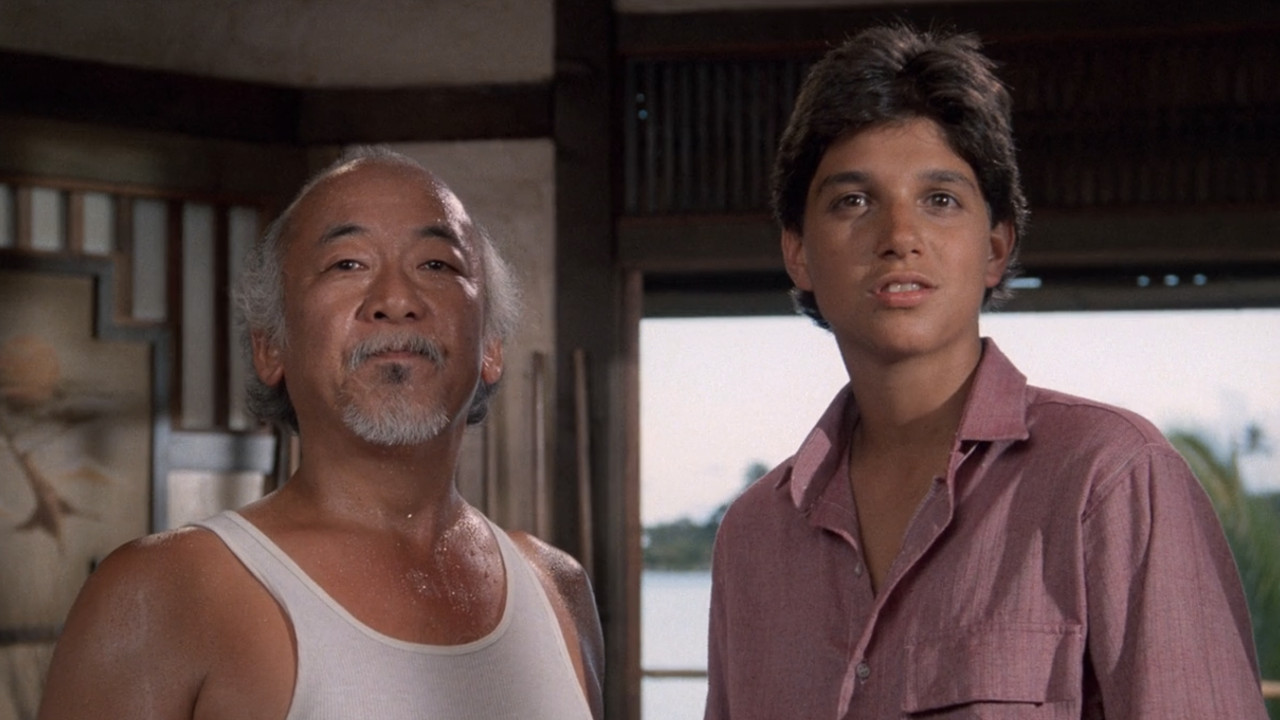
First Of All, We’ve Gotten Very Diverse Protagonists Throughout The Series
You know what’s interesting? A lot more people than you might suspect have wondered if Ralph Macchio is Hispanic. He’s not, as he’s Italian, but it’s interesting to think that people have speculated such a thing, as I can only imagine that many people grew up thinking (and telling their friends) that the actor who played the Italian-American Daniel LaRusso was actually Hispanic.
I bring this up, though, because ethnicity actually feels like a key component to this series, even from the very beginning. As mentioned, Daniel is an Italian from New Jersey who travels to balmy Los Angeles. He’s white, but he doesn’t seem to fit in with the Californians, which could be a regional thing, sure, but I feel like Daniel being Italian is important to his character. I mean, it’s not banged over your head, but you know he’s Italian, just like Rocky (The Italian Stallion).
Following the first three films, we got a female protagonist in The Next Karate Kid. Hillary Swank plays Julie Pierce, and though it doesn’t seem like a big deal today, it kind of did back in 1994. It might be because The Karate Kid series seemed like a “boy franchise” back then since it was about martial arts, but the fourth film made it clear that karate knows no gender, which is cool.
The 2010 remake actually stars a Black protagonist (Jaden Smith), and Karate Kid: Legends features a Chinese protagonist (Ben Wang). So, I love how diversity is woven throughout the entire series with its protagonists. That’s really cool. But it doesn’t just stop with the main characters…
Your Daily Blend of Entertainment News
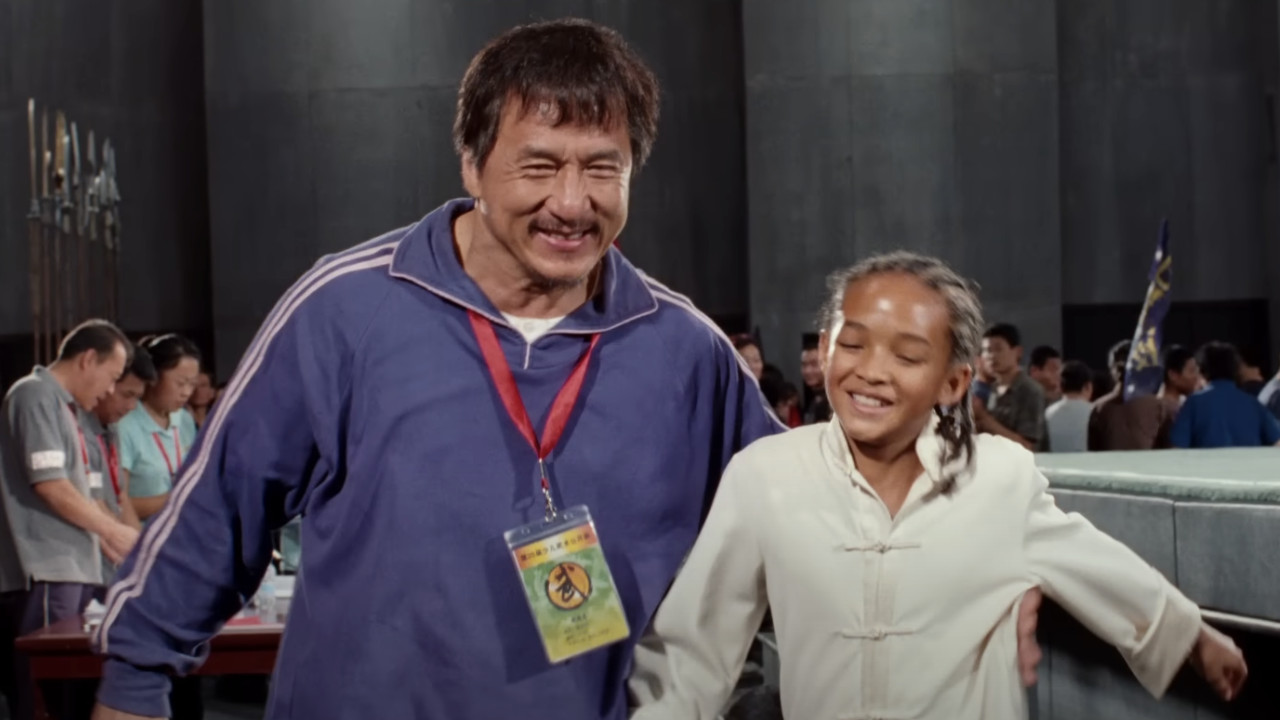
The Series Has Diverse Mentor Characters As Well
Similar to Star Wars, even though the main character is quite popular, it seems like a side character has actually become the face of the franchise. For Star Wars, it's Darth Vader, and for The Karate Kid series, it’s Mr. Miyagi. Even though the character’s actor, Pat Morita, passed away in 2005, through the magic of A.I., they still included him in the most recent Karate Kid: Legends, as how could they not? He’s GOATED (In fact, it’s unfortunate that his idea for a fifth Karate Kid movie never came into fruition).
But, it’s interesting (and apropos) that this Japanese character is the face of a movie about karate. In fact, the second movie is pretty much Mr. Miyagi’s story, with Daniel along for the ride, and I think that’s really cool. Mentor characters are always essential, especially to this series, and I love that the face that everybody recognizes for The Karate Kid is that of a Japanese-American man.
It doesn’t stop there, though, as Hong Kong martial artist Jackie Chan is yet another face of the series. He became the mentor character in 2010’s The Karate Kid, and reappeared again in the most recent Karate Kid: Legends, as he appears alongside Ralph Macchio, whom I already commented on being distinctly Italian.
And, the coolest thing is that with this series, help is help, so it doesn’t matter where it comes from. Whomever’s the expert gets their time to teach, and I really appreciate that. It goes to the message that everybody has something to offer, which is the whole benefit of diversity in the first place.
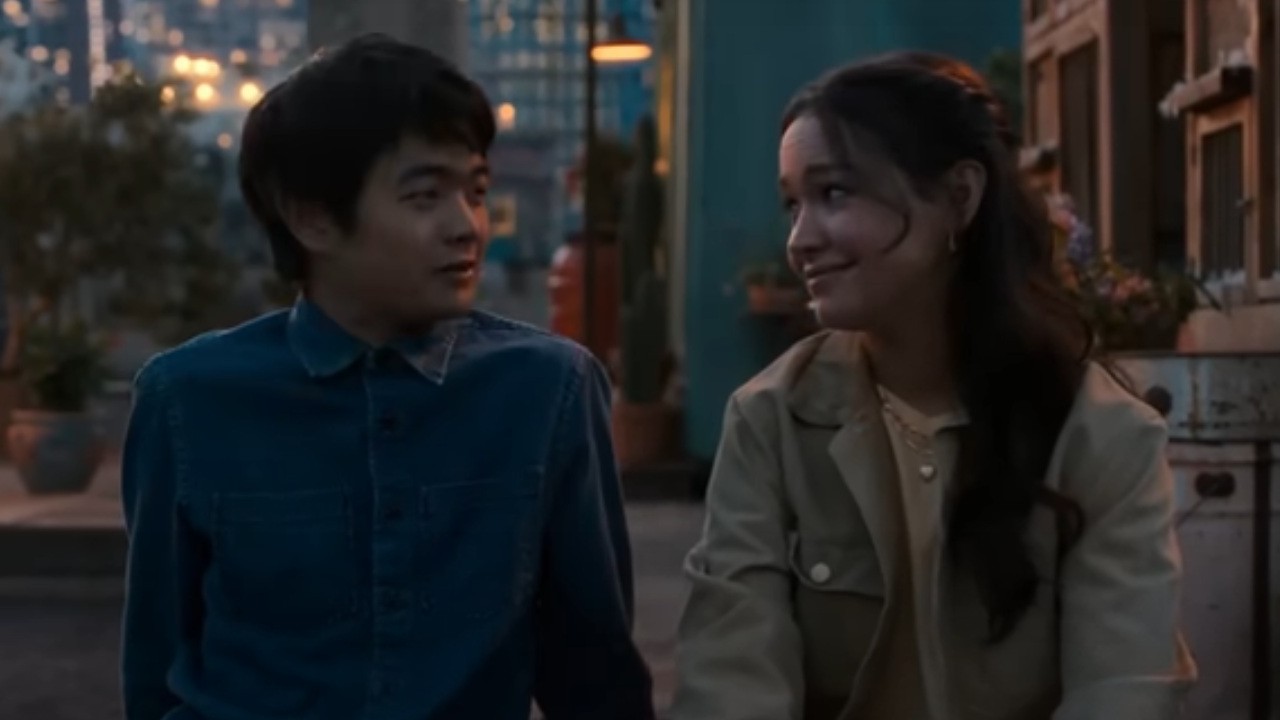
I Also Like How The Series Doesn’t Shy Away From Interracial Relationships
As a man in an interracial marriage, I also really appreciate when movies feature storylines with interracial relationships. And, the beauty of The Karate Kid franchise is that it’s not like it’s forced in your face as this big deal. It’s just people of different races who have feelings for each other, and it’s seen as just being normal.
In The Karate Kid Part II, Daniel becomes attracted to a Japanese teenager named Kumiko (Tamlyn Tomita), and they form a romance. No big deal. In the 2010 The Karate Kid, Dre Parker is a Black kid in China, who becomes attracted to a Chinese violist named Meiying (Wenwen Han). And, while her parents disapprove of Dre at first, it doesn’t seem due to his race, but rather, due to the influence her parents think he’s having on her, which I think is an adequate storytelling compromise.
In the most recent film, a Chinese teen named Li Fong becomes romantically involved with an Italian girl named Mia Lipani (Sadie Stanley). And, keep in mind, I’m the one pointing this out. The movies treat these relationships as commonplace, and they never make race an issue. I really appreciate that.
Because love is love, and I’ve always felt that way. So, if characters from different races and ethnicities are attracted to one another, they should follow through on that, and I’m happy that The Karate Kid franchise has made that a staple of the series.
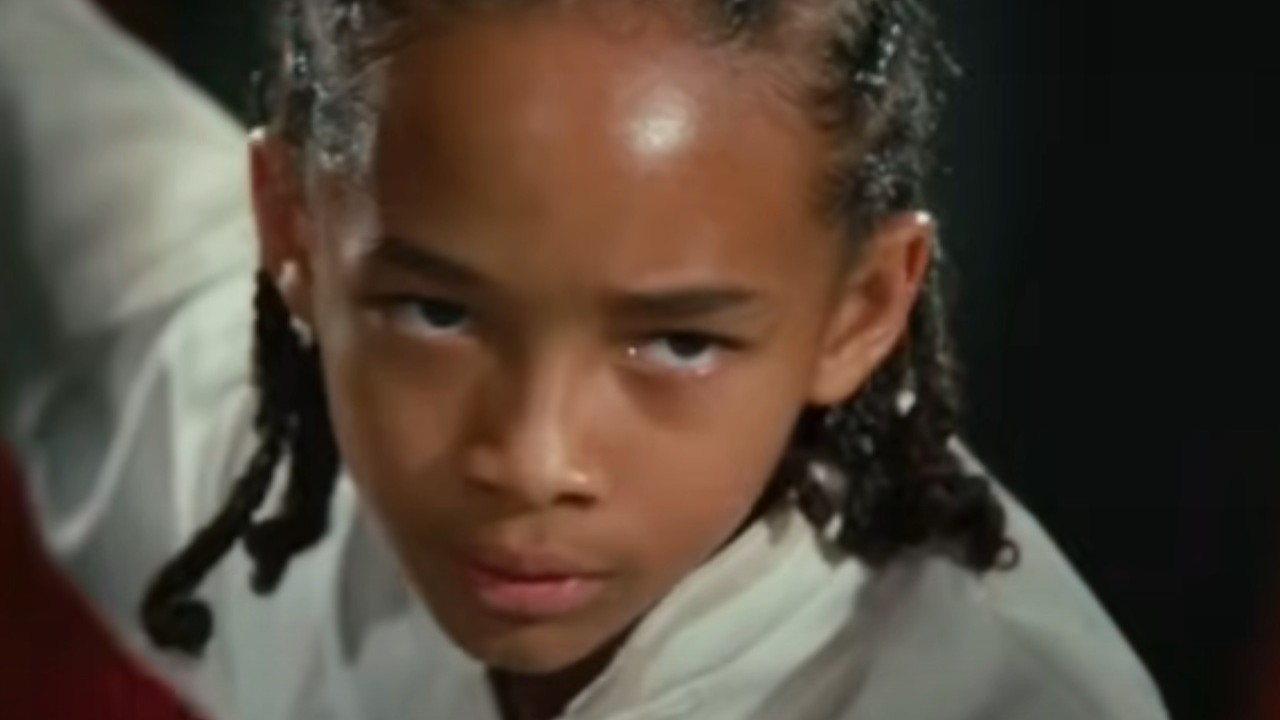
It’s Also Cool That Racism Hasn’t Been What Creates Conflict In These Stories
I know what some of you might be thinking while reading this: “YOU’RE the one making this about race. The movies don’t.” And, I’m actually glad about that fact. Because when I watched these movies the first time, I never really considered race with any of them. It’s only upon a rewatch where I’m like, “Hey, wait a minute…”
Maybe it’s because I’ve watched so many movies about race and social justice that I’m just more attuned to it, but I really love that these movies, which are directed more toward a younger audience, don’t feature race as what causes the disputes. Instead, it’s usually an issue that “the bad guy” has just been broken up with, and this new guy is encroaching on their girl, i.e., the classic jealous ex-boyfriend trope, and I like that angle.
Unfortunately, I can’t say the same when it comes to sexism, as Julie Pierce (Hillary Swank) has to endure it in The Next Karate Kid against a punk named Ned Randall (Michael Cavalieri). That said, at least she gets to beat him up in the end, so that’s at least something. Even so, I would have preferred if Julie’s being a woman wasn’t made an issue in this film in the same way that Dre being a Black person in China wasn’t really an issue in that movie.
But, all the same, I still applaud these films for not making race an issue. That’s at least welcome. But what do you think? Have you ever noticed the wide diversity presented in these films? I’d love to hear your thoughts. Especially if you’ve never watched The Karate Kid movies before. Have I persuaded you to check them out?

Rich is a Jersey boy, through and through. He graduated from Rutgers University (Go, R.U.!), and thinks the Garden State is the best state in the country. That said, he’ll take Chicago Deep Dish pizza over a New York slice any day of the week. Don’t hate. When he’s not watching his two kids, he’s usually working on a novel, watching vintage movies, or reading some obscure book.
You must confirm your public display name before commenting
Please logout and then login again, you will then be prompted to enter your display name.
